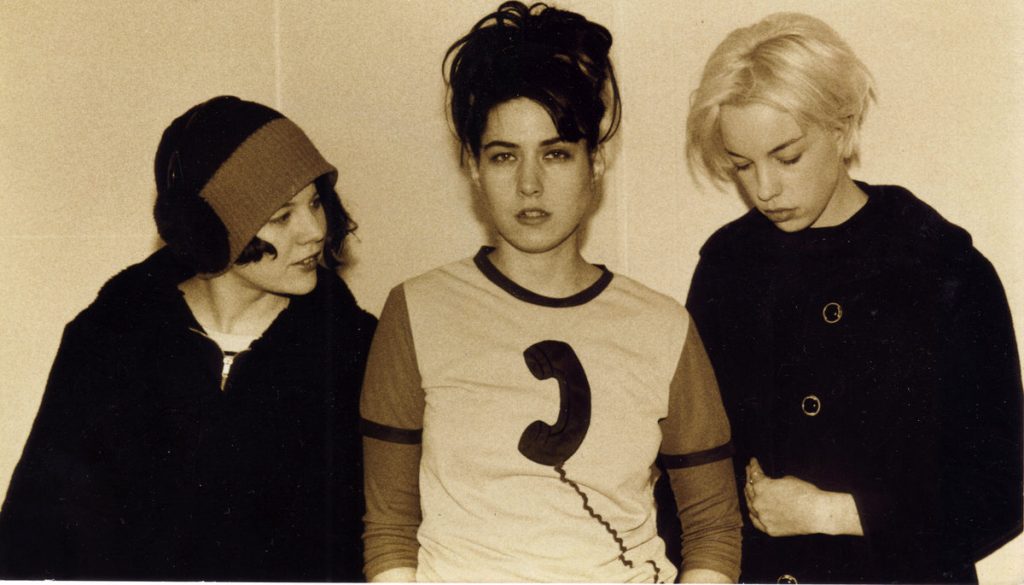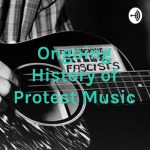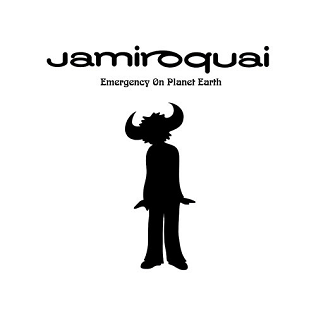
The debut album by the UK funk band is an effortless blend of infectious grooves and lyrics that address ecological and social issues. The soundtrack to the revolution needs a beat that you can dance to.
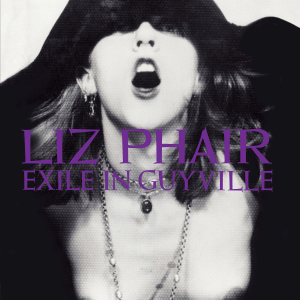
On the surface, Phair’s debut album doesn’t appear to be any great political statement. It is a kick-ass rock album that features emotionally forthright and raunchy lyrics. The fact that it was coming from a woman musician made it revolutionary. That fact in itself made it a sad social commentary. Phair was inserting herself into a male-dominated conversation. She fearlessly ventured into Guyville and forced her presence to be acknowledged.

The third full-length album by the influential post-hardcore band found them in fine uncompromising form. The relentless musical attacks well complement lyrics that address issues such as nationalism and indigenous genocide.
:format(jpeg):mode_rgb():quality(90)/discogs-images/R-1201869-1280650587.jpeg.jpg)
This album is a compilation of EPs and singles, but it is the best introduction to the influential UK riot grrrl band. The band was unapologetically anti-establishment and their music targeted misogyny and patriarchal power structures.
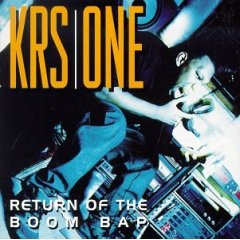
The debut solo album by the BDP rapper is still relevant with its incisive commentary on systemic racism and police brutality.

The debut album by the singer-songwriter and bassist is considered influential in the development of neo-soul. The tunes feature outspoken lyrics dealing with issues such as misogyny, sexual identity, and race relations.

On the Brazilian thrash metal band’s fifth album, they expanded their sound to include elements of groove metal. The music rocked with righteous indignation which provided the perfect backdrop to fiercely political lyrical themes such as police brutality, censorship, and indigenous rights.
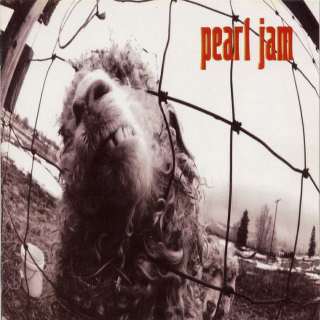
Even though it wasn’t explicitly political, Pearl Jam’s massive 1991 debut album Ten addressed a variety of serious topics. Their commercially successful sophomore follow-up was more politically direct, addressing issues such as gun culture and systemic racism within law enforcement.

An essential album in the development of riot grrrl. It is a stirring manifesto that perfectly blends wit with vitriol. It sets out to reclaim space while breaking down patriarchal constructs.

Wu-Tang’s gritty debut is a landmark album that blends twisted humor and martial art film references with realistic portrayals of societal issues that adversely affect Black America.

The talented rapper and singer’s third album blend smooth jazzy arrangements with insightful lyrics that embrace women and black empowerment.

The only studio album by the riot grrrl duo features Corin Tucker, before finding even greater success as part of Sleater-Kinney. Along with addressing standard riot grrrl issues such as sexual harassment and misogyny, it also addresses the concept of white privilege several years before that terminology enters popular vernacular.

This is the influential proto-rapper first album in twelve years. It finds the spoken word jazz poet in fine form, calling out the next generation of rappers to use their platform for good.

The sophomore album by the Courtney Love fronted band is a masterpiece where the political and personal intersect. The songs address a wide range of serious issues including body image and sexual assault.

Only 20 years old at the time, Nas created a landmark album that taps into his personal narrative of dealing with the gritty realities of living in the inner city.
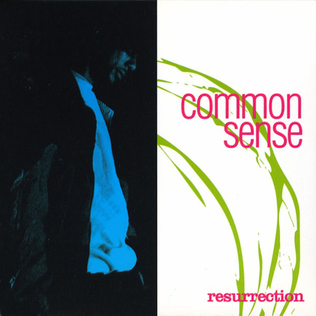
The sophomore album by the socially conscious Chicago rapper back when he still went by the name Common Sense. The album is a rap classic that features his pointed critiques of commercialism within hip-hop and systemic issues affecting Black America.
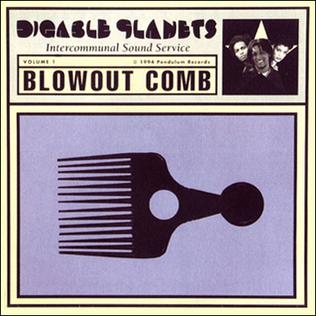
The album was musically darker and lyrically more political than their 1993 debut Reachin’ (A New Refutation of Time and Space). It contains strong black empowerment messages, and even though it was viewed as a commercial disappointment, the album is important in the development of socially conscious hip-hop.

The third studio album by the hardcore punk band is a scathing attack against authority and conformity.
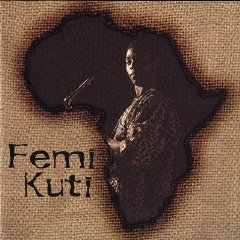
After releasing a couple of albums as Femi Anikulapo Kuti & The Positive Force, this is the album that established him as an important afrobeat artist, following the footsteps of his legendary father Fela Kuti.

The debut album by the pioneering queercore band is an overlooked masterpiece. The band being themselves and making music that addresses LGBTQ+ issues automatically makes the music political. But the music is kickass and the melodies are tight, elevating the album to another level.
